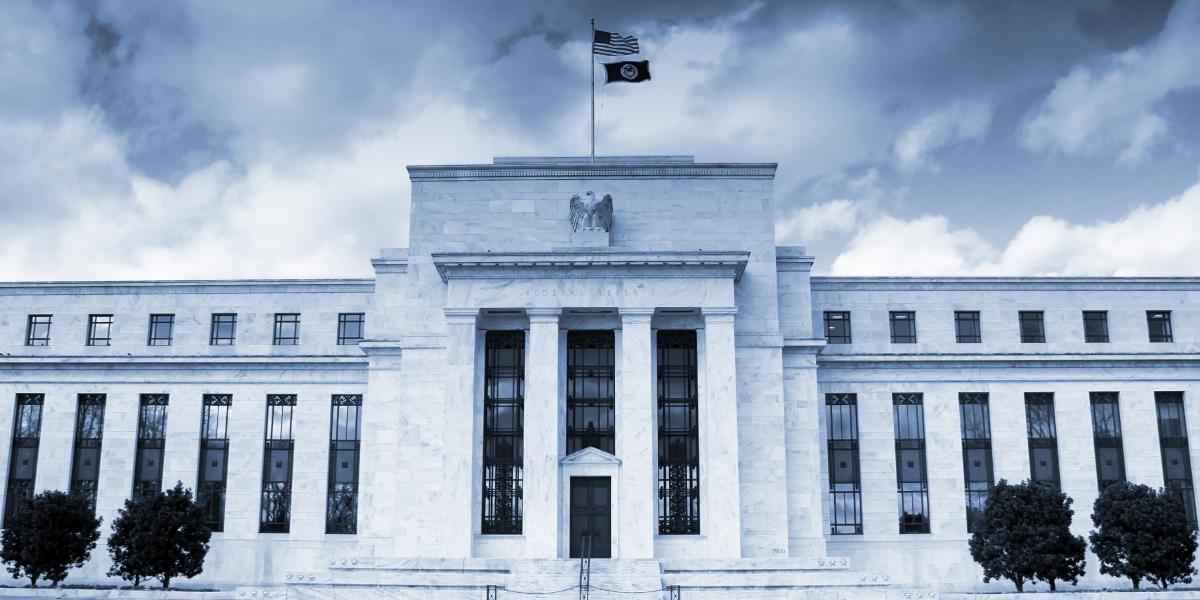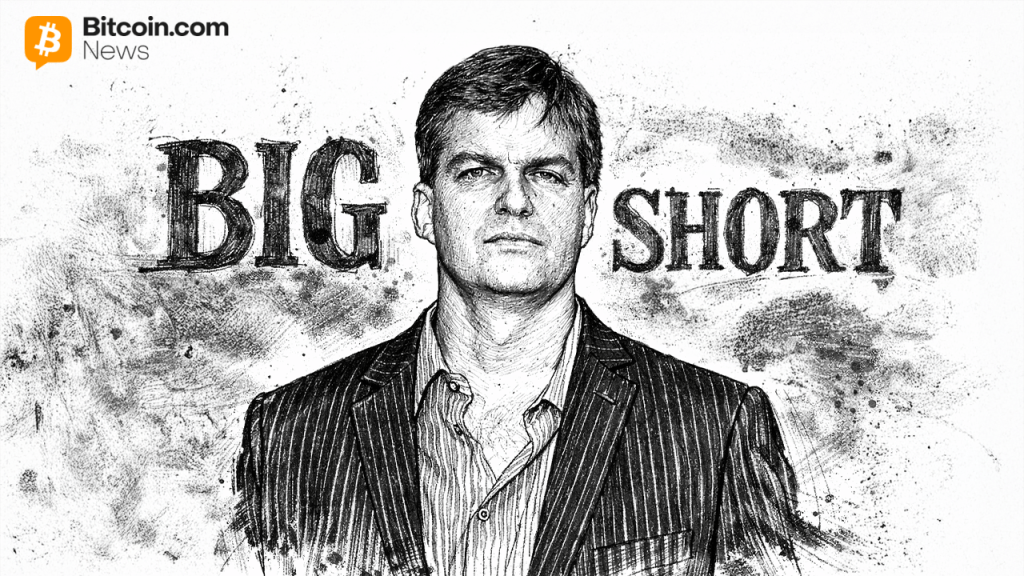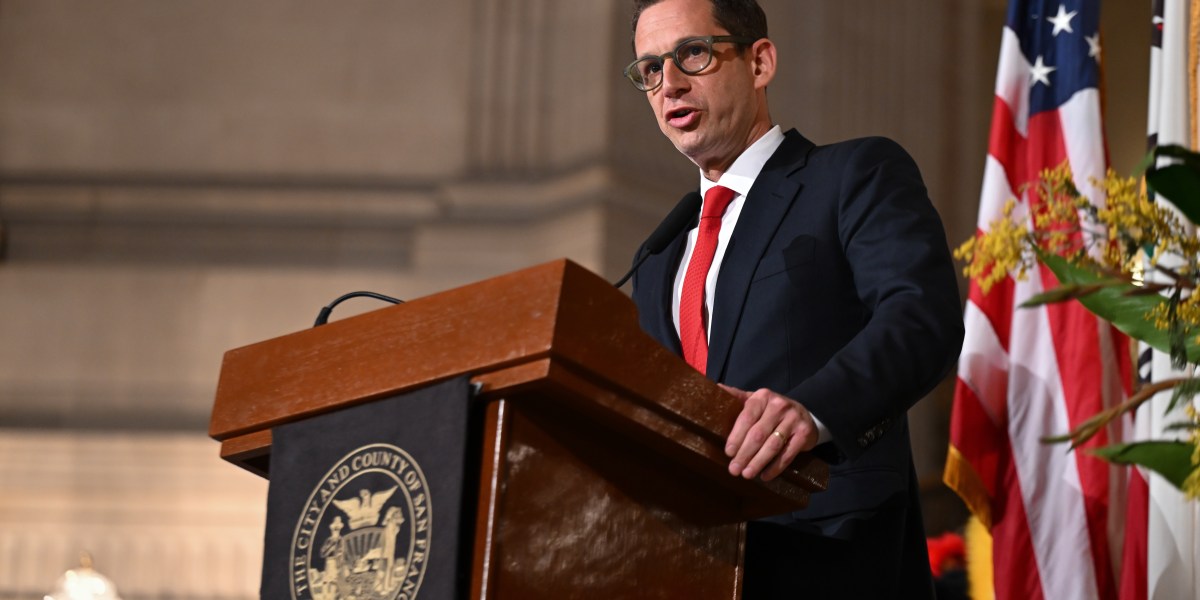By Richard Murphy, Professor of Accounting Practice at Sheffield University Management School and a director of the Corporate Accountability Network. Originally published at Funding the Future
Stablecoins are being sold as safe, secure cryptocurrencies. In reality, they are shadow banking in disguise – with the same risks that nearly destroyed the global economy in 2008. Nobel Prize–winning economist Jean Tirole is worried, and so am I. If these private tokens collapse, the public will pick up the bill. It’s time to call stablecoins what they are: a threat to financial stability and democracy.
Stablecoins could crash our economy.
Now, admittedly, they will probably crash the US economy before they crash the UK economy, but once one economy crashes, most follow on. And stablecoins are a fundamental threat to our financial stability at present.
Let’s be clear what stablecoins are. They are simply a form of cryptocurrency that are supposedly asset-backed. In other words, if you buy a stablecoin, and $280 billion has been invested in these things at this moment, then you buy an asset that is supposedly backed by US government bonds, and therefore, they are secure.
The emptiness of Bitcoin and other cryptocurrencies is avoided, supposedly, as a consequence, but as Nobel Prize-winning economist Jean Tirole said recently, he is very, very worried by stablecoins. And he’s right to be so, because although people talk about them as if they are money, they are not.
They carry no guarantee from any government. And worse still, they’re not subject to any real supervision.
The danger is simple. When they collapse, and they may well do so, taxpayers are very likely to be forced to pick up the bill.
Tirole issued his warning in an interview with the Financial Times when he said that there is insufficient supervision of stablecoins. It’s a point I’ve made on this channel before now, and I’m glad to see somebody like him joining in, because what he’s saying is that the whole multi-billion-dollar stablecoin market is at risk of failing, and that could create a future financial crisis, and I really do not think he is over-egging his claim.
If depositors, whether retail or institutional, believe that they’re holding safe deposits, and that is the impression that they are given, then, when everything goes wrong, they will demand a government rescue. And governments fearing contagion and public anger will, at that time, probably have no choice but to intervene.
Now, what are the parallels?
Stablecoin recreates the dangers of shadow banking that we saw before the 2008 financial crash.
They pretend to be fully backed assets, just as the bonds that were marketed at that time claimed to be. But the risk is that the US Treasury bonds, that stablecoin funds are supposedly invested in, provide too low a yield in real terms to provide the backing for those who promote these funds, and they will therefore abandon this form of asset backing and instead go for riskier assets with higher returns. At that point, the very idea of stability, which is implicit in the name stablecoin, will disappear, and one shock could collapse the whole system.
I’m already aware of the risk to US financial markets from the overvaluation of tech companies as a consequence of AI. The S&P 500 is massively overvalued, as is the FTSE 100 in the UK. But stablecoins exaggerate this risk and elevate it to a different plane.
And that’s particularly the case because of the political involvement in stablecoins. Let’s be clear. The US administration from Donald Trump onwards is heavily invested in stablecoins. In fact, in many cases, much of their personal wealth will be dependent upon the success of the stablecoin market.
As a consequence, they are likely to understate the need for effective regulation. Weak regulation is already a problem, but it’s going to get worse with cronyism, corruption and inevitable disaster, potentially following.
And the scale of the problem is big. I’ve already mentioned $280 billion is now held in so-called stablecoins, and that’s not trivial. It is a systemically significant sum equivalent to the size of a major bank failure. And when we know that major bank failures were the cause of the 2008 financial crisis, the world could not afford Lehman to go, as happened, then we can see that this is something that could unravel and could unravel fast, creating the pressure for a taxpayer-funded bailout.
Stablecoins, however, do something even worse than bank failures did. They actually link themselves to the US dollar. But at the same time, they are not dollars. They are not money, but they undermine, by the way in which they’re issued, the ability of the government and central banks to control money.
Effectively, they’re creating a parallel private currency, and they shift control over money creation to private speculators and crypto-oligarchs as a consequence. That means democratic states could lose the ability to run their own economic policies.
And when we look at who is behind these currencies, we might believe that this is deliberate because, remember, the far-right and some crypto enthusiasts in the USA are closely related. And the far-right has no love for the US state or the state in any other country , or the power that it has over economies.
So is the risk another 2008?
Could we have a repeat of the financial breakdown of that year when shadow banking nearly destroyed the global financial system?
The answer is, of course, that is possible.
Private actors now chasing high returns, just as they did in 2008, when regulators looked the other way, could exploit the current situation when regulators are going to be doing exactly the same thing under pressure from the Trump administration.
When the bubble burst, governments bailed out the system in 2008. The risk is that the same might happen now.
This risk is something that we have to understand. Finance loves to dress old risks in new language and call them innovation. Stablecoins are just another form of unregulated deposit-taking, in fact. They aren’t innovative. There is nothing genuinely new about them, or in pretending that private tokens are as safe as state-backed money. All the gains go to speculators. The losses will be dumped on the public.
And stablecoins aren’t just a technical issue. That risk of failure also makes them a democratic one. If private money creation replaces public authority, accountability disappears. The economic policy risk that could flow from this, as a consequence of the greed of oligarchs and their political patrons, is to the whole idea of elected government.
Stablecoins erode democratic sovereignty and hand control to unaccountable elites. So, regulators must stop pretending that stablecoins are harmless experiments. They must recognise them for what they are: systemic risks in the making. And governments should not allow the private minting of tokens that mimic safe deposits.
Every single stablecoin must come with the most prominent government-issued economic health warning because they really do require them.
The fact is, money is and must remain a public good managed under democratic authority. And that is the role of democracy. The debate is not about financial stability. It is about political power.
Who controls money creation, governments or private speculators? Stablecoin has tilted power away from democracy, at the time being, towards oligarchs and political insiders. Now we have to be honest. There is a fight on our hands as to who is to run our economies and in whose interests.
Jean Tirole is right in that sense to be very, very worried, as he said he was to the Financial Times. But you don’t need to be a Nobel laureate to be so.
Stablecoins are shadow banking with new branding, cronyism, plus systemic risk, in other words.
The path that they set us on is one to bailouts, lost sovereignty, and weakened democracy.
If we value stability and democracy, governments must act now to shut them down, whatever those who are making a supposed fortune at present from those who are depositing funds, which are put at risk as a consequence, will say.
The technocrats, the oligarchs, and those who are exploiting the weaknesses of regulation have to be prevented from destroying a great deal that is of value in our societies.




























